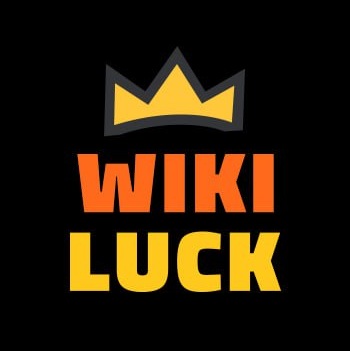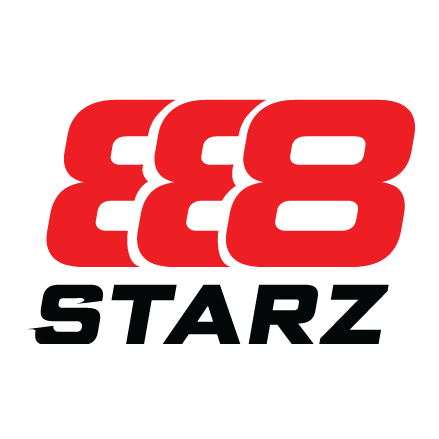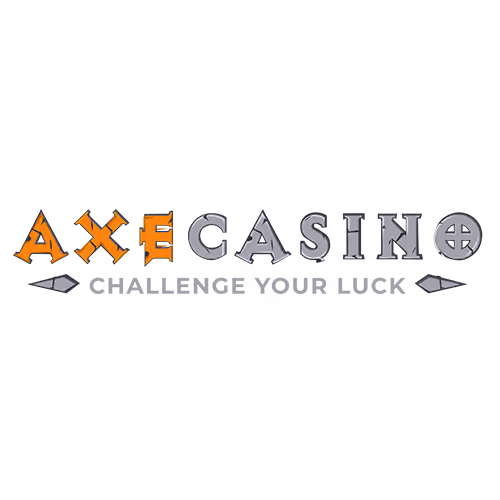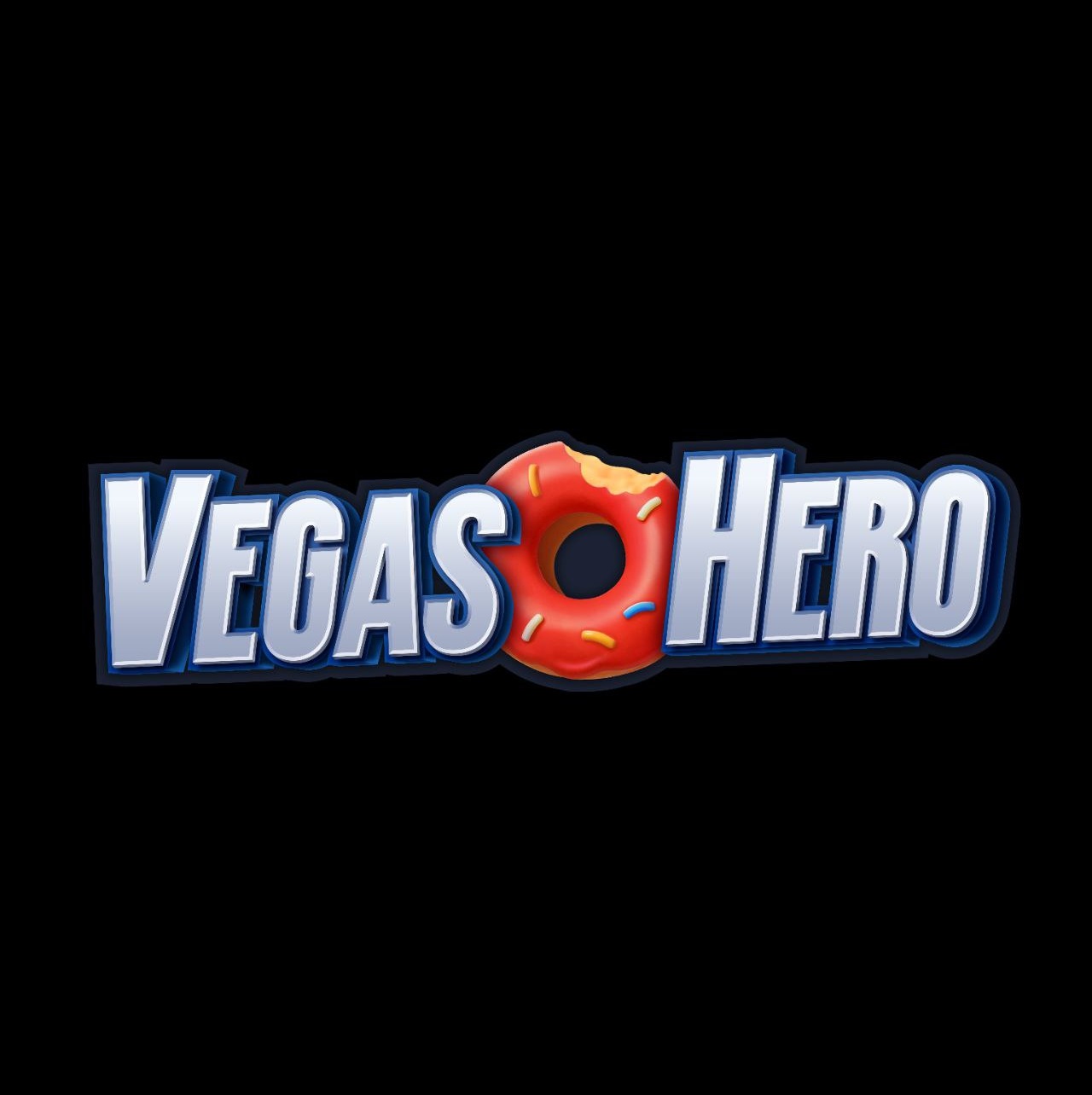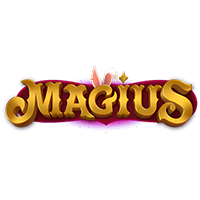Picking a casino without checking if it’s actually licensed is like buying fish from a guy in a parking lot – might work out fine, might give you food poisoning. Difference is, with casinos, you’re risking actual money instead of just your weekend. That’s why knowing which Licensed Casinos to trust matters way more than how shiny their homepage looks or whether they’re throwing 500% welcome bonuses at you. Real licensing means someone’s watching, rules exist, and you’ve got somewhere to complain when things go sideways. No license? You’re on your own when the casino decides your withdrawal violates some term they just made up. Below, I’ll explain what licensing actually means beyond fancy footer graphics, which ones are legit, and how to spot the fakes before depositing.
Licensed Casinos That Won’t Vanish With Your Money
When I rank licensed casinos, I verify credentials myself – not just trust whatever logo they slapped in the footer. Malta Gaming Authority claim? I check their public register. Curaçao license? Verify the sub-licensee because Curaçao has like four different ones with wildly different standards. Says they’re AGCO-approved for Ontario? Cross-check that list.
Fakes are everywhere. Casinos literally Photoshop regulatory seals betting you won’t verify. These picks have confirmed licenses, tested payment processing, and actual complaint resolution that works.
Simple.
How I Test These (Boring But Necessary)
Testing licensing isn’t fun – it’s verifying registration numbers, reading regulatory actions, tracking complaints through official channels. Most reviewers skip this because it’s tedious work that doesn’t generate clicks. I do it anyway because license verification tells you if a casino’s trustworthy before anything else matters.
Process:
- Philosophy: License claims get verified with regulators, not taken at face value. Fakes get documented and called out publicly.
- Testing: 30-45 days minimum. Verify license exists first, then test if casino follows its requirements – responsible gaming tools, complaint resolution, mandated payout speeds.
- Registration/KYC: Licensed operators verify identity properly. Too lax? Suspicious. Too strict without reason? Also suspicious.
- Payments: Test against license requirements. Do withdrawals process within regulatory timeframes or do they stall?
- Bonuses: Check if terms meet regulatory fairness standards. Some jurisdictions ban predatory practices.
- Games: Verify providers are licensed too. NetEnt, Microgaming, Evolution – they only work with properly licensed operators.
- UX: License info must display clearly in footer with clickable verification. Buried or vague? Red flag immediately.
- Security focus: Core element. Verify license with regulator database, check it’s current and not suspended.
- Support: Test if they know their license details. Legit operators answer instantly; sketchy ones dodge.
- Who reviews: Me, my team. Real verification, real regulatory research, real emails to licensing authorities when something looks off.
What Licensed Casinos Actually Are (Beyond Marketing Fluff)
Licensed casino means they’ve got official permission from a recognized gambling authority to operate – covers game fairness, payment handling, dispute resolution, player protections, responsible gaming tools. Like restaurants with health inspections versus someone selling sandwiches from their trunk. Both have food; one’s accountable to someone.
But here’s the thing: jurisdiction matters hugely. Malta Gaming Authority has strict requirements – segregated player funds, regular audits, mandatory tools, actual dispute resolution with teeth. Piss them off and they’ll suspend your license publicly. UK Gambling Commission? Even stricter. These cost operators serious money to maintain and come with real accountability.
Then there’s Curaçao, which… look, it technically licenses casinos but enforcement varies wildly depending on which sub-licensee you’re under. Some are fine, others are basically business registrations cosplaying as gambling licenses. And Costa Rica or Anjouan? Those are jokes – no real regulation, just paperwork.
Kicker: legit licensed casinos must display their license number and regulatory body clearly, usually in footer with a clickable seal linking to verification. Can’t find it? Seal links nowhere? License number doesn’t verify on regulator’s database? Walk away immediately. I’ve caught dozens displaying fake MGA or UKGC seals – literal Photoshops betting players won’t check.
Real benefit of licensing: recourse when things go wrong. MGA-licensed casino refuses legitimate winnings? File complaint with Malta Gaming Authority. They investigate, mediate, can force payment or suspend the license. Try that with unlicensed offshore sites and you’re shouting into the void. I’ve seen legitimate complaints resolved through MGA/UKGC processes; I’ve watched unlicensed casinos just ghost players entirely.
Also – licensed operators follow anti-money laundering regs, which is why KYC exists. Yeah, uploading ID sucks. But it means the casino isn’t laundering drug money, which honestly feels reassuring.
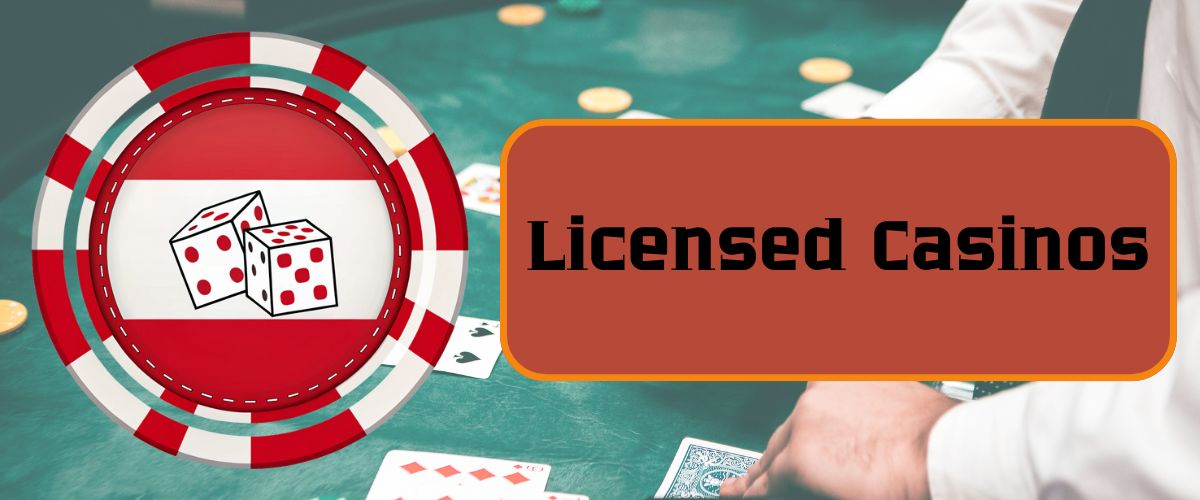
Pros and Cons (Because Nothing’s Perfect)
Licensed casinos aren’t flawless – regulation adds costs that sometimes mean tighter terms or smaller bonuses. But tradeoffs usually favor players who care about actually getting paid.
Pros:
- Actual oversight when issues happen – not just endless support emails
- Player funds often segregated (you get paid even if casino goes bankrupt)
- Mandatory responsible gaming: deposit limits, self-exclusion, reality checks
- Dispute resolution through regulators with enforcement power
- Game fairness audited; RNG certification required
- Terms must meet regulatory minimums (less outright predatory stuff)
- Public licensing info you can verify yourself
- Major payment processors/providers only work with licensed operators
- Regulatory complaints published – you can research before depositing
Cons:
- Stricter KYC means more documents, longer verification sometimes
- Some jurisdictions restrict bonus structures (fewer “too good to be true” offers)
- Geo-restrictions enforced harder – VPNs blocked
- Withdrawal limits sometimes capped by regulations
- Fewer insane promotions – safer but less exciting
- Won’t accept players from grey-market regions
- Higher operational costs can mean slightly lower RTPs or tighter terms
- More bureaucracy when problems arise (but at least resolution exists)
Bottom line? Licensed casinos are safer but less wild. If “wild” sounds appealing, remember that usually translates to “higher chance of getting screwed.”
Picking the Right One Without Getting Burned
Choosing isn’t just checking footer logos – lots of casinos fake those. What actually matters:
- Verify directly. Don’t trust site seals. Go to licensing authority’s website, search their public register. MGA and AGCO have searchable databases. Curaçao’s trickier (multiple sub-licensees) but still verifiable. Can’t confirm? Don’t deposit.
- Check jurisdiction quality. MGA/UKGC/AGCO are top-tier with real enforcement. Curaçao varies (depends on sub-licensee). Kahnawake has some oversight. Costa Rica/Anjouan? Basically worthless.
- Read enforcement actions. Many regulators publish fines, warnings, suspensions. Multiple sanctions? That’s a pattern worth noting.
- Test responsible gaming tools. Set a deposit limit during registration. Works smoothly? Try self-exclusion process – is it accessible or buried? Required tools should be easy to find.
- Verify game providers. NetEnt, Microgaming, Evolution display their licenses. If casino claims their games but providers don’t list them as partners, something’s wrong – possibly pirated games.
- Check dispute options. Licensed casinos must offer ADR (alternative dispute resolution) through eCOGRA or their regulator. No escalation path documented? Red flag.
- Look for segregated funds mention. Top licenses (MGA, UKGC, AGCO) require player funds held separately from operating funds. Bankruptcy protection.
- Avoid license stacking. Sketchy operators hold multiple, switch which they claim based on your location. One should suffice.
- Watch for license-washing. Some buy minor licenses (Anjouan, Kahnawake) for appearances but operate outside any real scrutiny. Research the jurisdiction – lax enforcement makes licenses worthless.
Honestly? Email the licensing authority directly before depositing. Ask if casino’s license is active and in good standing. Most respond within a week. If license is fake, you’ve learned for free instead of the hard way.
Why Malta Licensing Actually Means Something
Here’s what nobody mentions upfront: MGA Casinos are solid because Malta Gaming Authority doesn’t screw around. Been doing this since 2001, strict requirements, real enforcement. They require segregated player funds (your money’s protected even if casino bankrupts), third-party audits, transparent advertising standards, and actual penalties for violations – public license suspensions, fines, all documented.
Tested dozens over the years. MGA operators can delay withdrawals, have annoying wagering, sure. But they can’t ghost you because MGA investigates complaints and has enforcement teeth. Once filed a complaint about a 12-day withdrawal delay when terms promised 48 hours. MGA contacted casino, suddenly my money appeared within 24 hours with an apology. That’s oversight working.
Downsides? Bonuses are less insane than offshore sites (regulations limit predatory practices), KYC is stricter, some game types restricted. But honestly? I’ll take “slightly boring” over “might never see my winnings” every single time.
The Curaçao Conundrum (It’s Complicated)
Curacao Casinos are… tricky. Curaçao technically licenses gambling but has four different master license holders, each with sub-licensees, and enforcement varies from “reasonably strict” to “basically nonexistent.” Not all Curaçao licenses are equal – some operators use them properly with fair terms and fast payouts, others treat them like decorative business registrations.
When I see Curaçao licensing, I dig deeper: which master license (Antillephone, Gaming Curacao, others)? What’s complaint history? Payout track record? Some Curaçao-licensed casinos I’ve tested were perfectly fine – processed withdrawals in 24 hours, resolved disputes reasonably. Others took weeks, ignored complaints, made up terms violations.
Bottom line: Curaçao’s not automatically bad, but it’s not a quality guarantee either. Verify the specific operator’s reputation independently – don’t trust the license alone. Unlike MGA where the license itself indicates standards, Curaçao requires more homework.
Kinda exhausting, honestly.
That Time I Caught a Fake License (And It Was Hilariously Bad)
So few years back, testing a new casino advertising themselves as “Malta licensed and secure.” Footer had MGA seal, license number, looked legit. But seal image was slightly pixelated – modern vector graphics shouldn’t be. Suspicious.
Checked MGA’s register with their license number. Didn’t exist.
Emailed MGA directly with screenshots. They confirmed: completely fake. Casino had Photoshopped an MGA seal with made-up number, betting players wouldn’t verify. I published findings, reported to hosting provider, warned readers.
Casino vanished within two weeks.
Moral: always verify licensed casinos through regulatory databases, not footer graphics. Fake licenses are way more common than players realize. Takes five minutes. Could save your bankroll and significant frustration when fake casinos refuse payouts and you realize there’s no actual regulator to complain to.
Trust me, learned this the expensive way before I got smart about verification.





